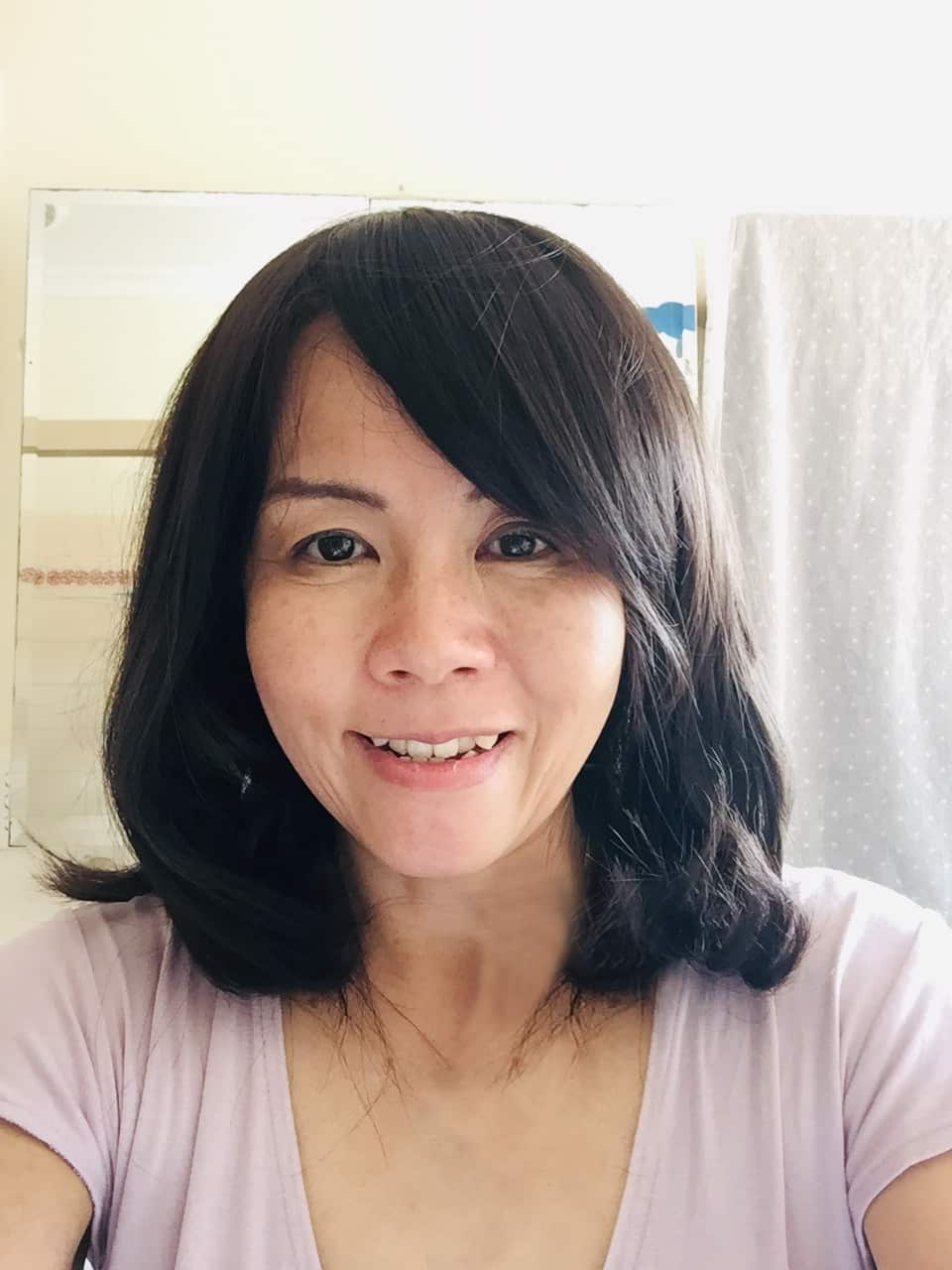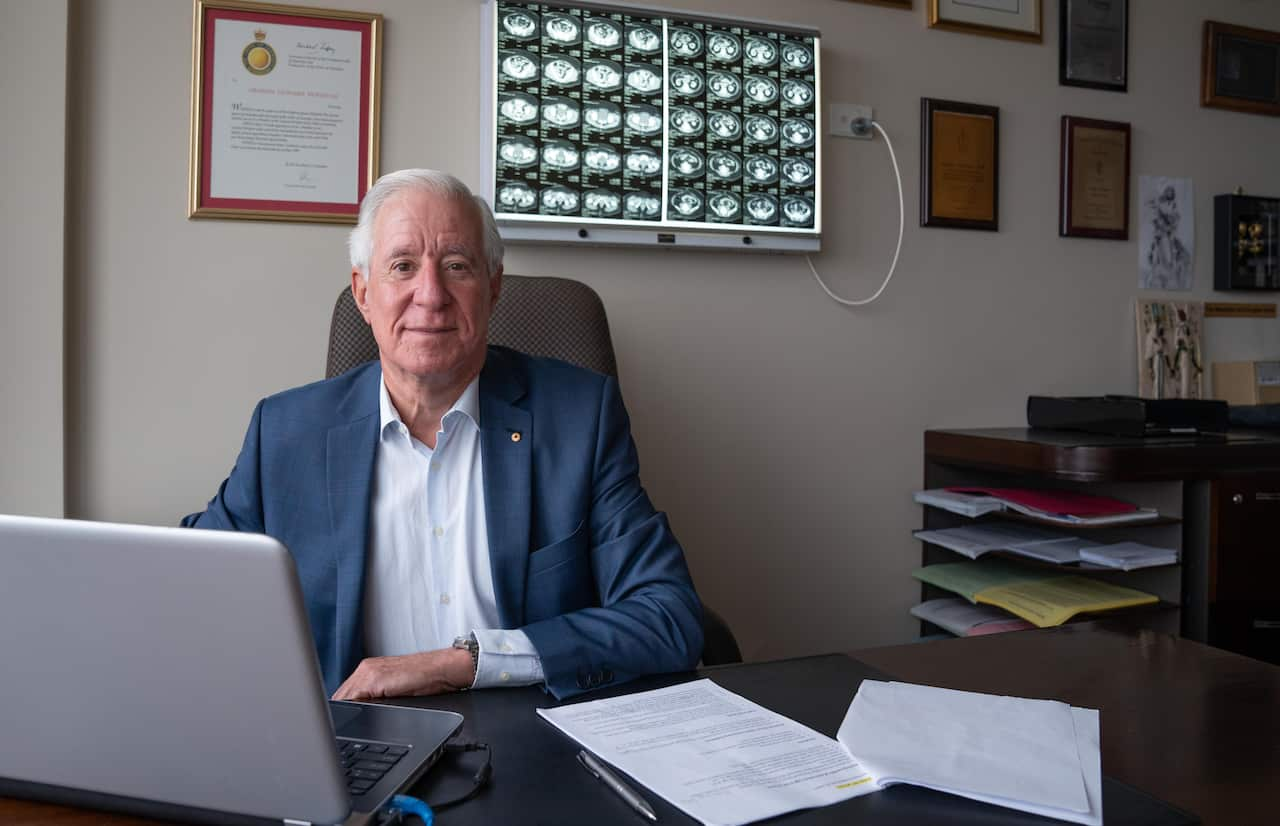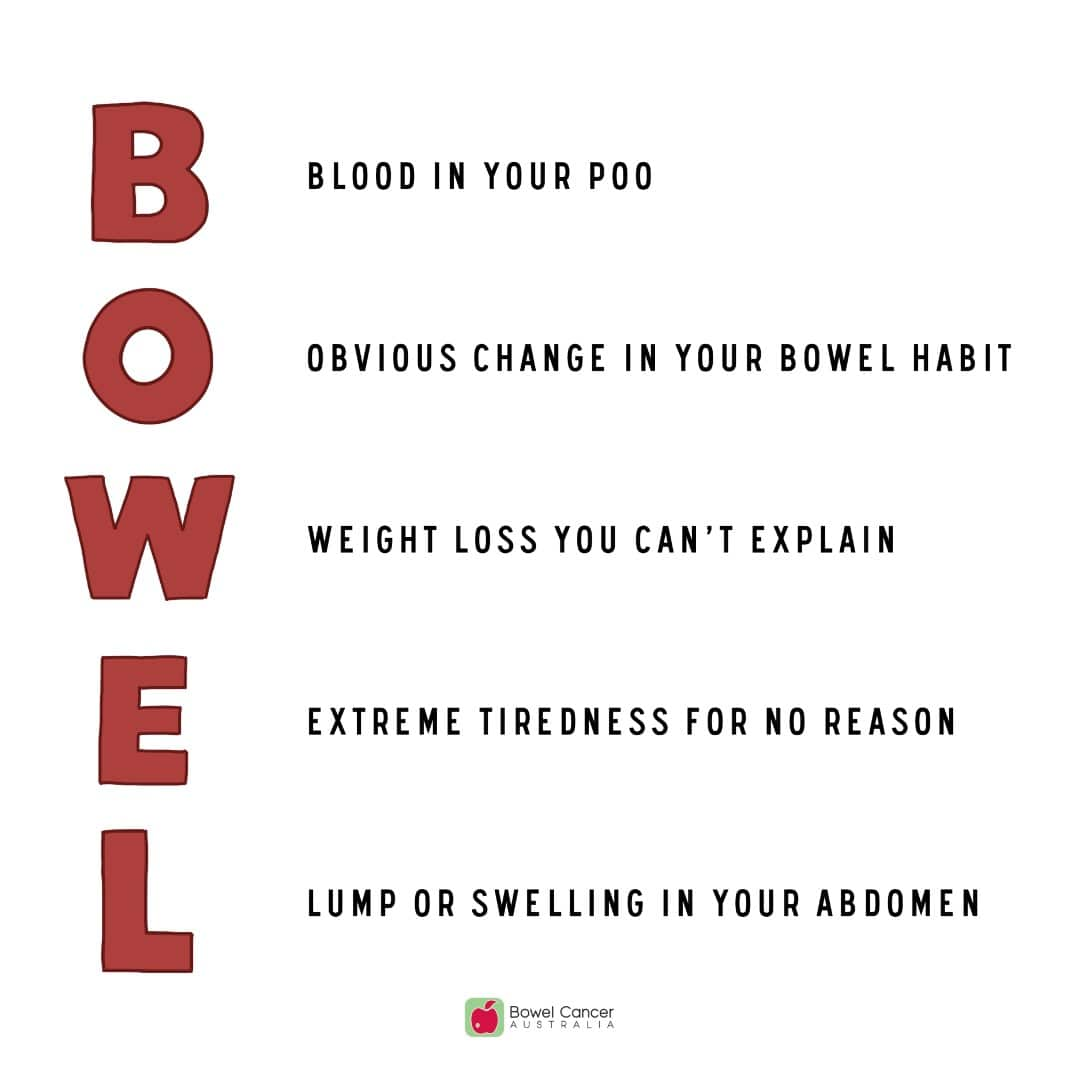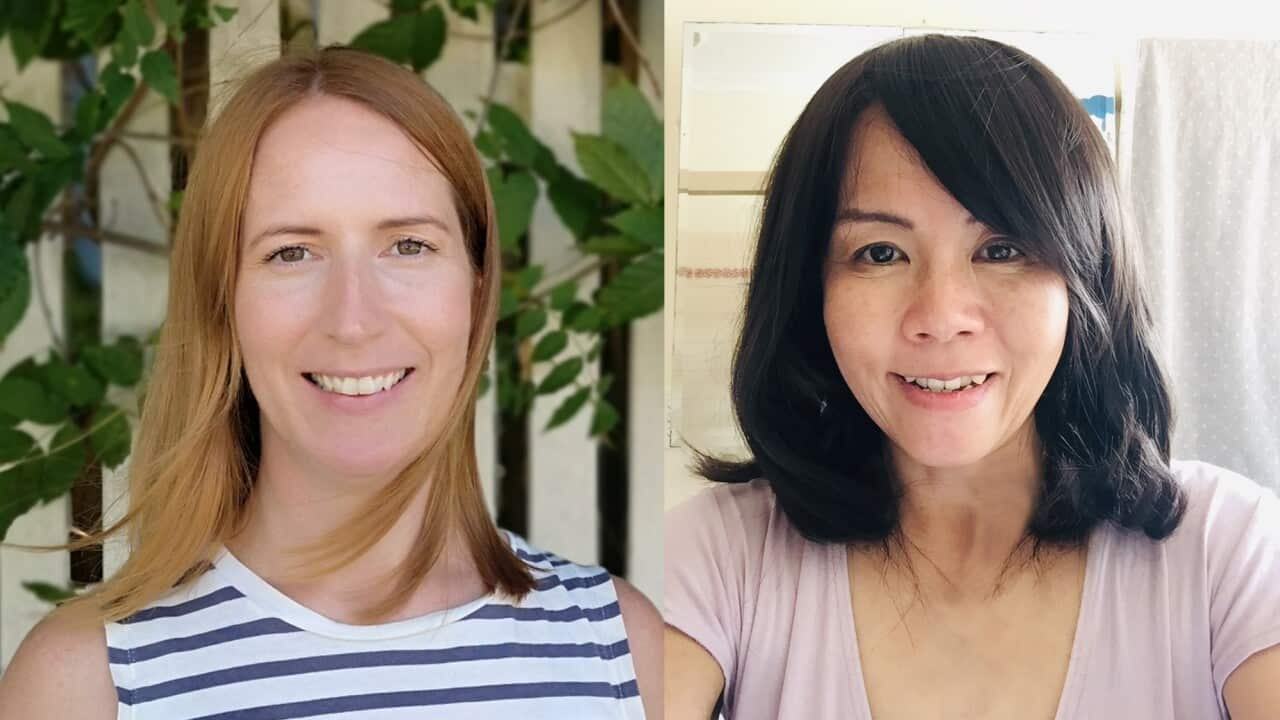Every year, 15,352 Australians - or roughly 300 people a week - are diagnosed with bowel cancer.
Over 100 people across Australia will die from it each week, but it's one of the most treatable types of cancer if diagnosed.
A common misconception is that it only affects old people, however, 10 per cent of those diagnosed are under 50, and that figure appears to be on the rise.
Fran was one of them.
"They thought it was a parasite, bacterial infection, a virus in my stomach, basically everything else but bowel cancer. Luckily the doctors looked at my symptoms and not my age."
Fran was 38 years old when she was diagnosed with stage 3 bowel cancer.
For someone who had lived a healthy and active lifestyle, having just completed a 15 kilometre walk just before the diagnosis, the news came with a huge shock.

"I’d seen the adverts on TV for people over 50 to do the poo test, but at my point in life, I was more concerned about having pap tests and checking my breasts for cancer. I honestly didn’t know anything about bowel cancer," she told SBS Japanese.
Fran had in fact visited her GP eight months prior and was told to take a test. However, she left the kit in the bathroom cabinet, went on a holiday, started a business - until she began having severe abdominal cramps at night.
Akiko was 47 years old when she was diagnosed with stage 3 bowel cancer.
For Akiko, there were no definitive symptoms, leading up to the day when she presented herself to the emergency with a severe abdominal cramp.
"From where the pain was radiating, I thought it was my appendix. But after some scans, they found a tumor. I went straight into emergency surgery."

Akiko says that she has always been anemic and regularly took supplements, but was "not aware that it was one of the symptoms for bowel cancer."
According to an Australian study published in the ANZ Journal of Surgery (2020), there is growing evidence for this rise, with the study estimating bowel cancer to be the leading cancer death in young males (30-34) and females (25-34).
A colorectal surgeon with over 40 years of experience, and a director for Bowel Cancer Australia, Graham Newstead confirms this trend to SBS Japanese.

"When I was a medical student, pretty much all cancers were in 60s and 70s, people were not living long then. But we certainly did not see people under 50 as a general comment."
Currently, in Australia, the National Bowel Cancer Screening Program invites people from 50 to 74 years of age to screen for bowel cancer using a free kit at home. These screenings will detect very small amounts of blood in your stool, which can't be detected by the naked eye.
According to Cancer Council Australia, screening for bowel cancer can reduce death from the disease by between 15-25 per cent.
You will receive an invitational letter, close to your 50th birthday, outlining the detail and importance of screening, and once you agree to participate, the testing kit will be sent directly to your home.
However, since 2018, Bowel Cancer Australia has been increasing calls to lower the screening age to 45, in line with the American Cancer Society. In fact, just last month, the United States Preventative Health Task Force (USPHTF) have changed recommendations to begin screening at 45 for the first time.
"If one in 10 bowel cancer is occurring in people under 50, we need to offer screening to those people as well," he says.
Dr Eleonora Feletto from Cancer Australia is open to looking at the evidence to revaluate cancer screening programs in the country.

"We have done an analysis of our program. Doing the stool test every two years for people 50-74 had the best outcome when we balanced the benefits and the harm. That doesn’t mean it can’t change it."
She says that she will make further recommendations to the Commonwealth if further evidence becomes available.
The focus now, however, is on the improvement in the participation rate of the current program.
"In Australia at the moment, we have four in 10 people that participate in the program. We have done an analysis, that if we could move that from four in 10, to six in 10 we can save 84,000 Australian Lives by 2040," she said.
“If we find them and remove them, we prevent, and there is no need to treat. So it's terribly important to make sure people are getting them and doing them,” says Dr Newstead.
Both Fran and Akiko have openly spoken about their cancer journey, prompting many around them to check their symptoms rather than relying on self-diagnosis.

For more information on bowel cancer visit:
National Bowel Cancer Screening Program
Listen to SBS Japanese Radio on Tue, Thu and Sat from 10pm
You can listen to our past stories from our podcast
And don't forget to visit SBS Japanese Facebook page!




